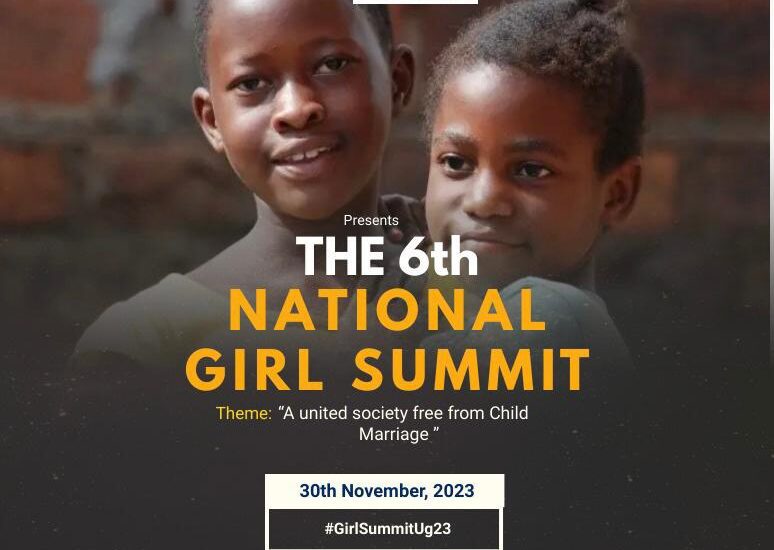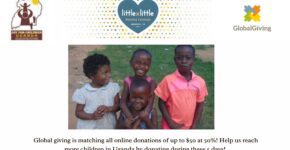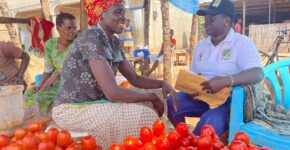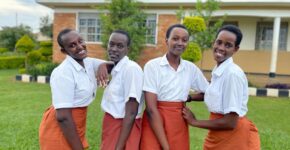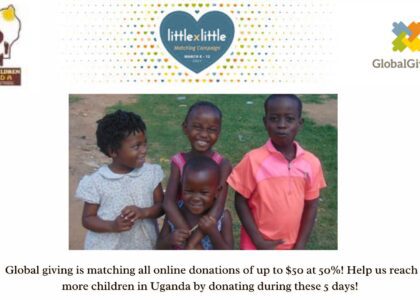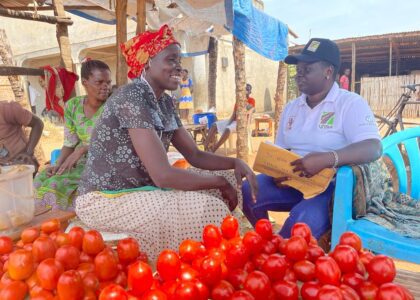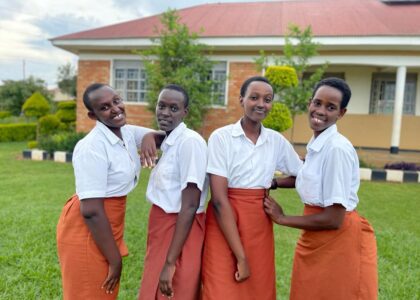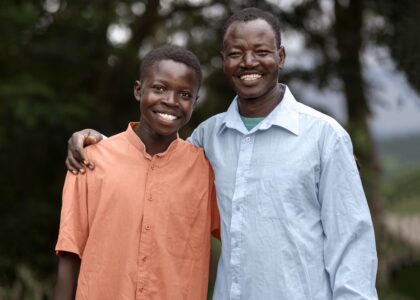Background
Girls Not Brides is a global diverse network of over 1600 civil society organizations (CSOs) working to end child marriage across 100 countries in the world. Their experience, unique understanding and long standing connections with girls and communities are the driving force of our movement. It constitutes of the Girls Not Brides Uganda (GNBU) – National Partnership chaired by Joy for Children Uganda and World Vision Uganda with a membership of 134 CSOs working at community, district, regional and national level committed to ending child marriage and enabling children live to fulfill their potential.
GNBU has been a key partner to the Uganda government in implementing the National Strategy to End Child Marriages and Teenage Pregnancy i.e (2014/2015 -2019/2020) and continues to adapt the new strategy i.e. 2022/2023- 2026/2027. It convenes annual girl summit aimed at intensifying policy and legal advocacy to protect girls from child marriage and amplify the urgency for adopting girls’ /children’s rights at community and national level. GNBU intentionally gears towards empowerment of both girls and boys with correct information to enable them recognize child marriage and early pregnancy as a gross violation of their rights, and support them to take mitigating actions.
The problem GNBU is trying to address with the 6th National and Regional Girl Summits:
The legal age of consent to marriage in Uganda is set at 18 years, however getting married formally or informally before this age is a common practice in the country where both girls and boys are married off as children. The national strategy for Ending Child Marriage and Teenage Pregnancy 2022/23 -2026/7 indicated that on a global scale, Uganda ranked 16th among 25 countries with the highest rates of child marriage.) Teenage pregnancy is also noted for nearly 1/5 (18 per cent) of the annual births within the country.Teenage pregnancy accounts for 22.3 per cent of school dropouts among girls aged between 14 to 18 years. Only 8 percent of the girls that dropout of school are given a second chance to re-enroll (MoES, 2020).
In 2021, the UNFPA fact sheet highlighted the teenage pregnancy burden that occurred during the COVID-19 pandemic across the varying regions in the country, – including Busoga region: the most affected districts were Kamuli (6,535) and Mayuge (6,205) teenage pregnancies. North Central region: the most affected districts were Mukono (5,535) and Luweero (4,545). Lango region: (Oyam 6,449 and Lira 4,697).South Central region: (Wakiso 10,439 and Rakai, 2711).West Nile region: (Arua 4,705 and Yumbe 3,973) and Tooro/ Rwenzori region: Kasese (7,319) and Kyenjojo (4,341).
Child marriage is not only a human rights violation, but also contributes significantly to teenage pregnancy, poor maternal and child health sometimes leading to their death and the declines the country’s development. It also marks the beginning of frequent and unprotected sexual intercourse, leading to a greater risk of sexually transmitted infections (STIs) including HIV among children. Social-cultural norms, climate disasters including the hunger crisis,some faith beliefs, have increased child marriage and teenage pregnancy. The societal drivers contribute to perceptions that transition from childhood to adulthood are defined and constructed around marriage and reproduction. Getting married and bearing children are viewed as the only means for young girls to secure identity and status in families and as adults in society.
Ending child marriage and teenage pregnancy could reduce the total fertility rate in the country by 8 percent and population growth in Uganda by a substantial margin. Additionally, ending child marriage and teenage pregnancy could reduce under-five mortalities by 6.6 percent. In addition, being born of a mother younger than 18 years increases the risk of under-five mortality by 4.7 percentage points and of under-five stunting at 22 percentage points. Besides these, unprotected sex among adolescents and youth will potentially reignite HIV transmission negating achievements from decades of investment (World Bank, 2017).
Structure of the GNBU 6th National and Regional Girl Summits:
The 6th National Girl Summit aims at convening several delegates including children, youth, officials from different Ministry Department Agencies, UN agencies and other development partners, district leaders, faith and cultural leaders, private sector such as school administrators, media and CSOs plus voices of children to reflect on the progress made in ending child marriage and teenage pregnancy both at regional and national level.The Girl Summits supplement interventions that;
- aim to reduce child marriage and teenage pregnancy advocating for an end to the harmful social and cultural norms and values that are influencing the child marriage practice.
- encourage guardians/parents, faith/cultural leaders to be at the forefront of ending child marriage messages.
- leverage on partnership with formal and informal “ending child marriage actors” including faith leaders (Christian &Moslem), cultural leaders , government leaders to take part in addressing the dangers of child marriage to the public.
- utilize media coverage i.e audio, visual and print (newspapers, radios, televisions,billboards, placards, social media e.t.c) to echo messages with call to action for and among key duty bearers (parents/guardians, government/cultural/faith leaders/journalists/ general public e.t.c)
- conduct regional and national girl summits and supplementing activities across the GNBU partnership with coordination led by the GNBU regional coordinators/focal persons.
Objectives of the GNBU 6th National and Regional Girl Summits:
- To empower faith and cultural leaders with information that enables them to analyze the causes and implications of child marriage and teenage pregnancies in Uganda.
- To prioritise advocacy platforms for partnerships with the key “end child marriage actors” in holding communities accountable to ending child marriage.
- To facilitate dialogues and media platforms featuring children and key duty bearers on discussions regarding ending child marriage.
- To amplify voices of children and key duty bearers (government, faith/cultural leaders, teachers, guardians e.t.c ) advocating for an end to all forms of violence against children in Uganda.
Expected outcomes of the GNBU 6th National and Regional Girl Summits:
- Empowerered faith and cultural leaders with information that enables them to analyze the causes and implications of child marriage and teenage pregnancies in Uganda.
- Increased advocacy platforms for partnerships with the key “end child marriage actors” in holding communities accountable to ending child marriage.
- Increased dialogues and media platforms featuring children and key duty bearers on discussion regarding ending child marriage.
- Amplified voices of children and key duty bearers (government, faith/cultural leaders, teachers, guardians e.t.c ) advocating for an end to all forms of violence against children in Uganda.

